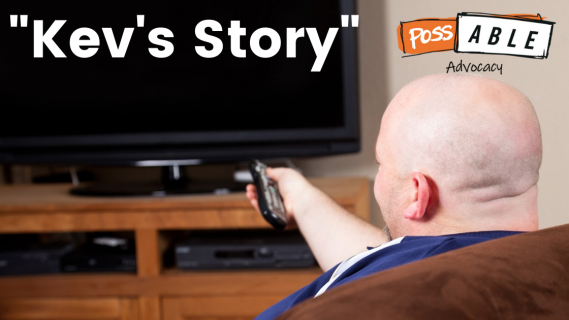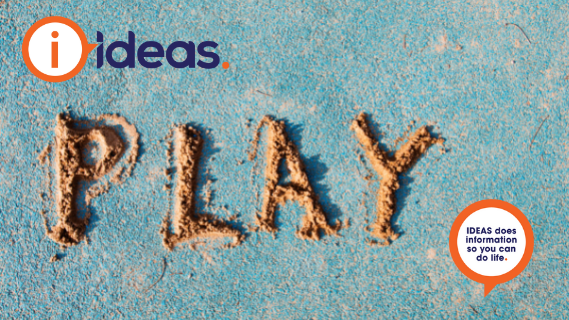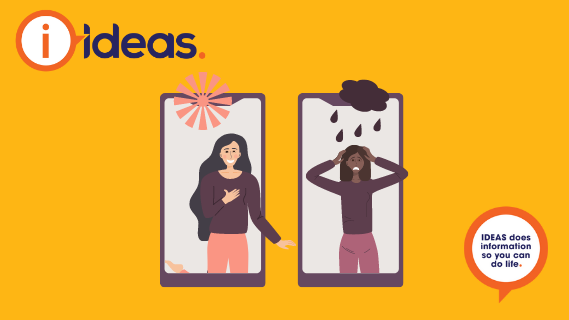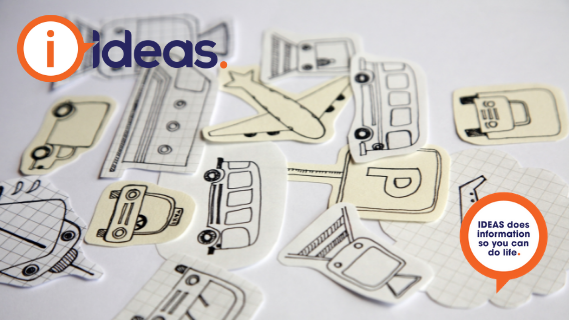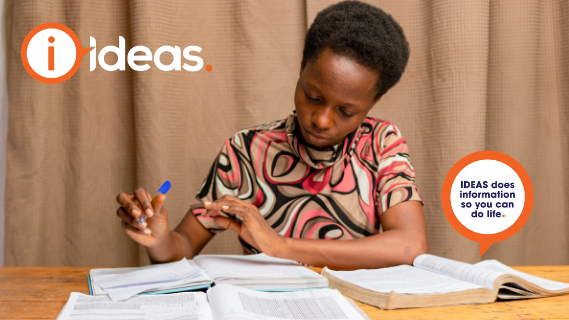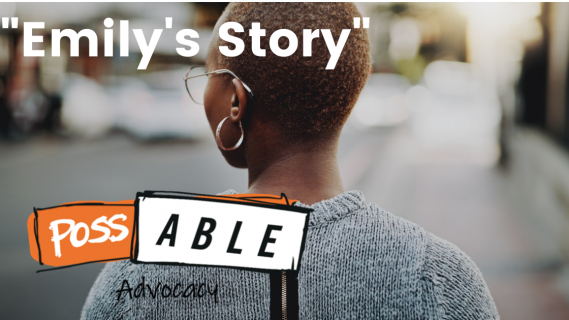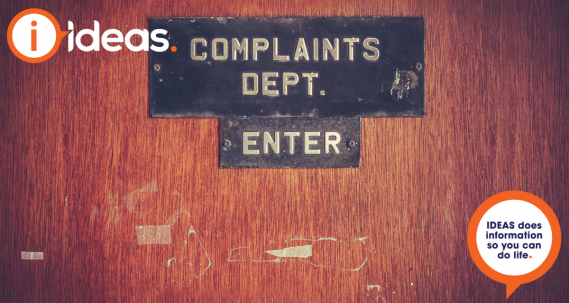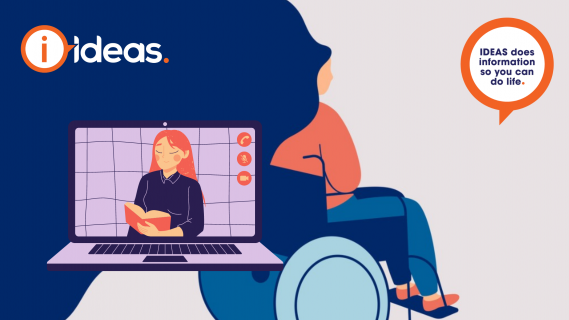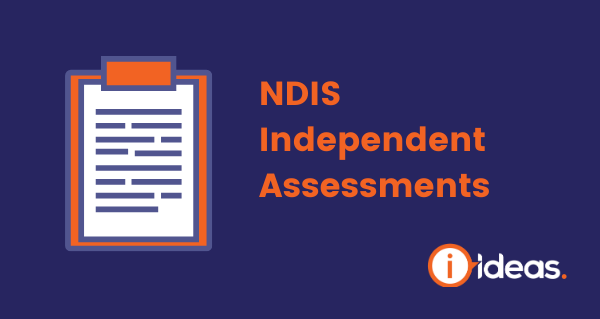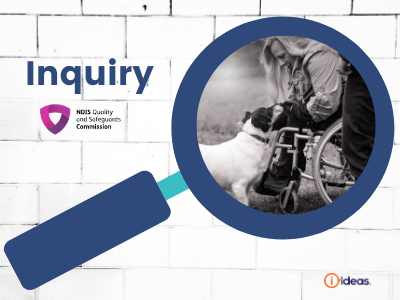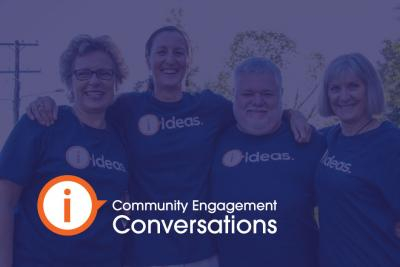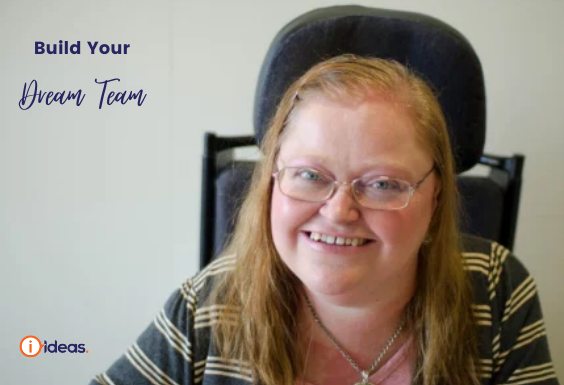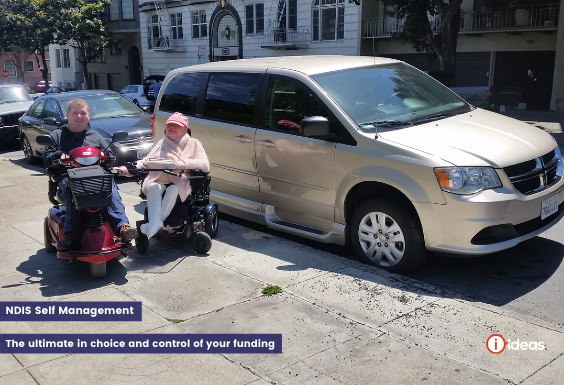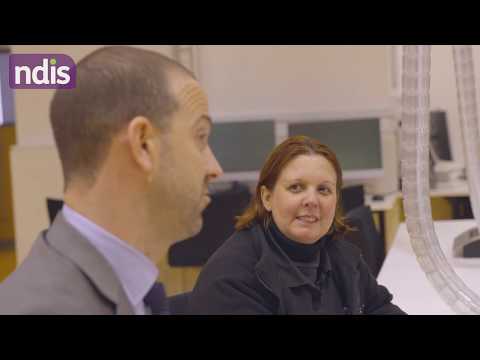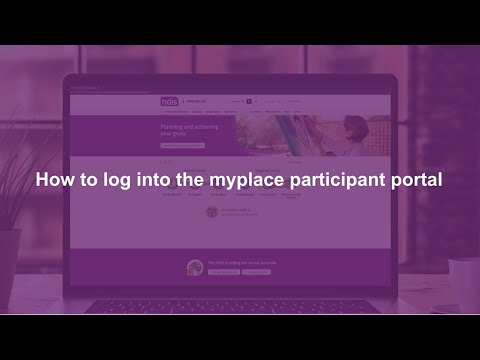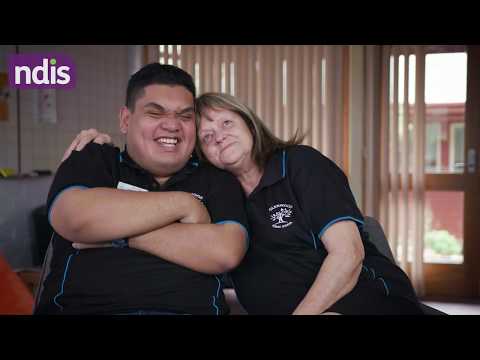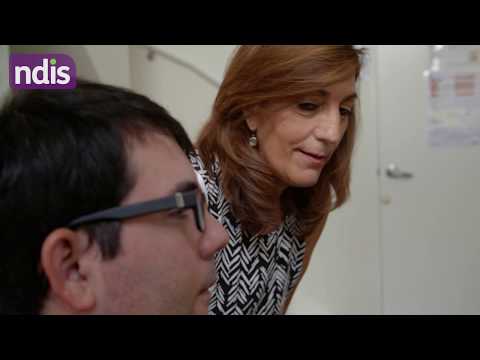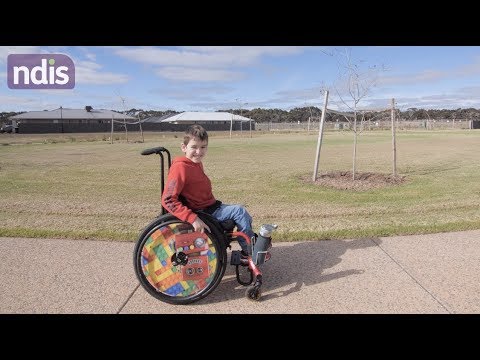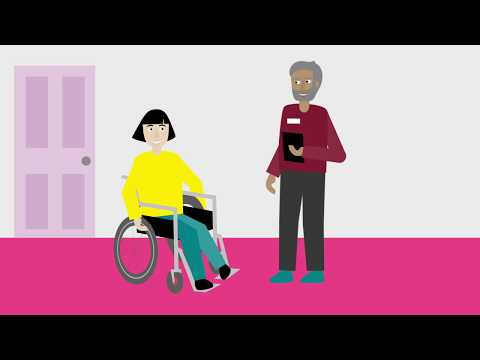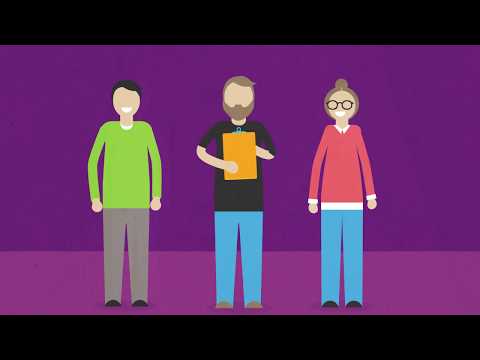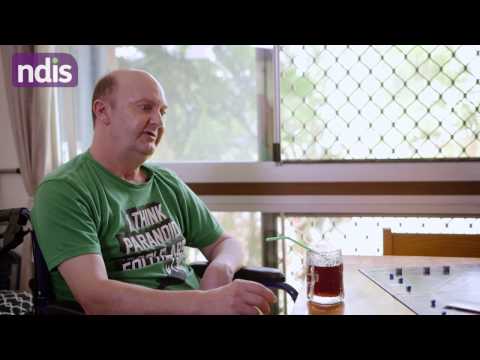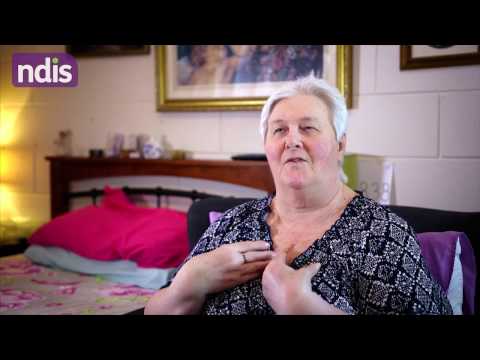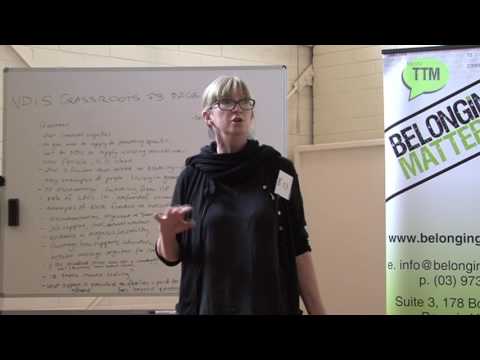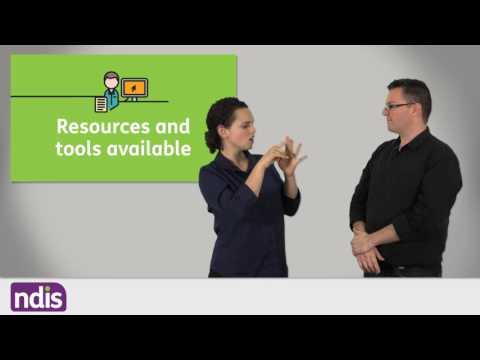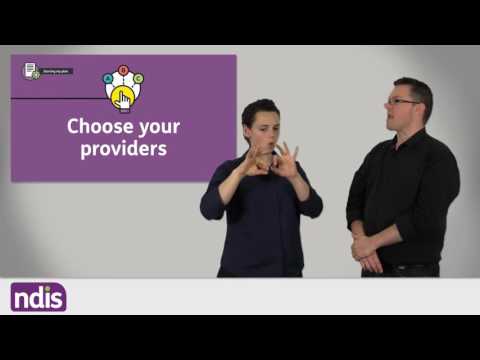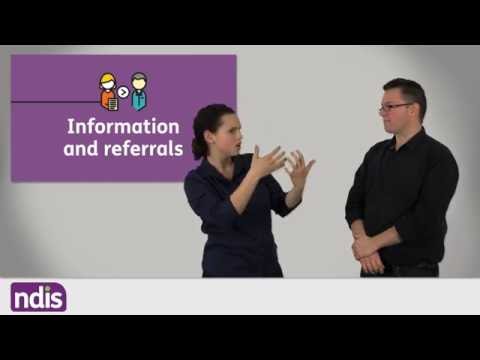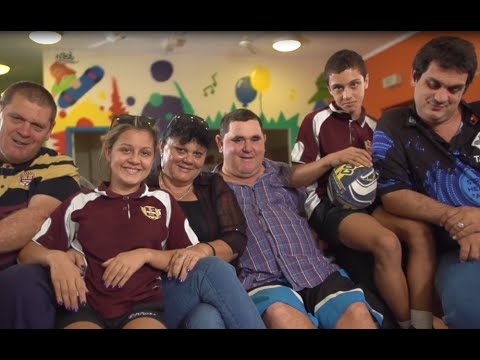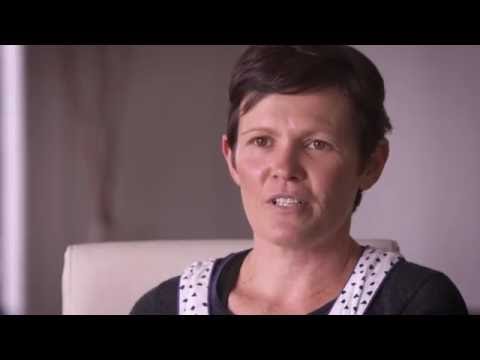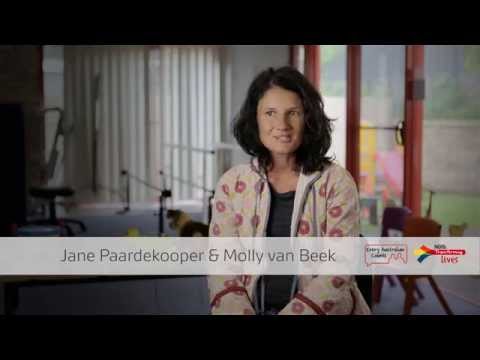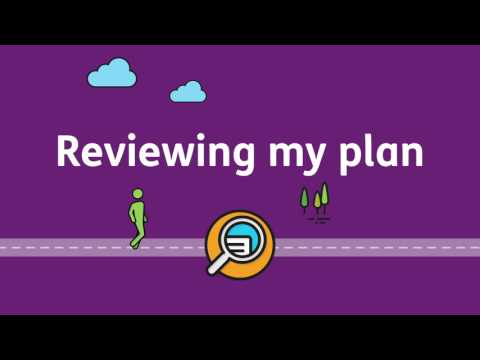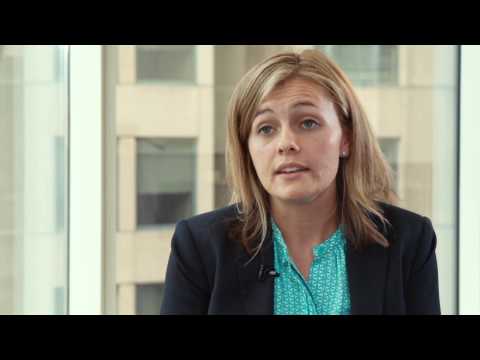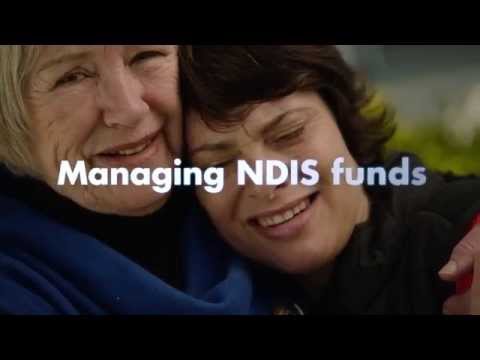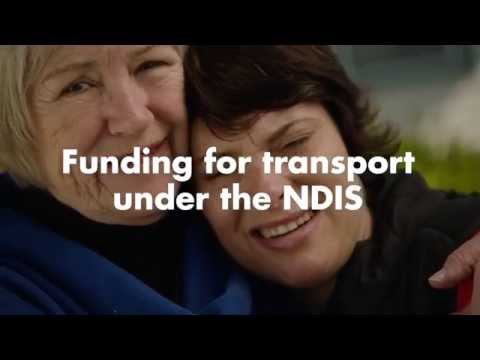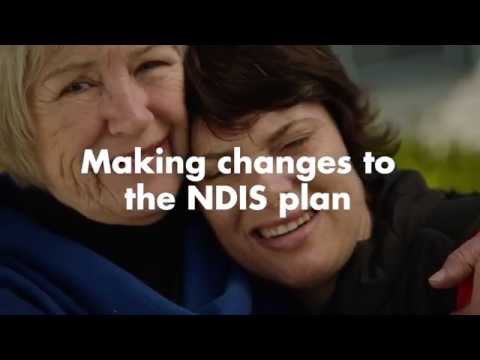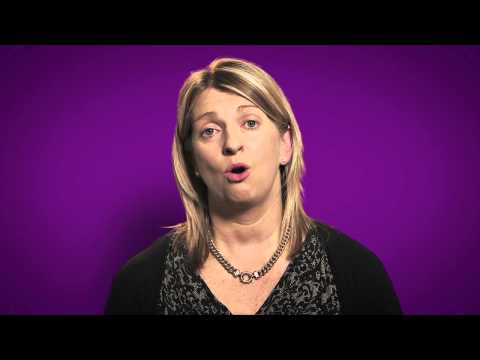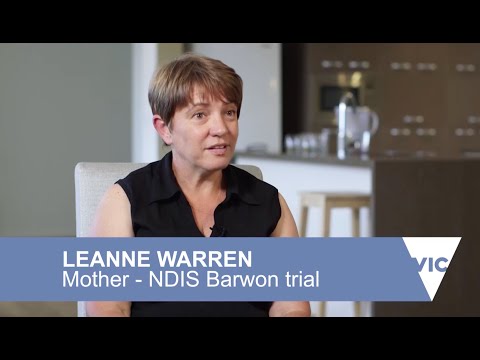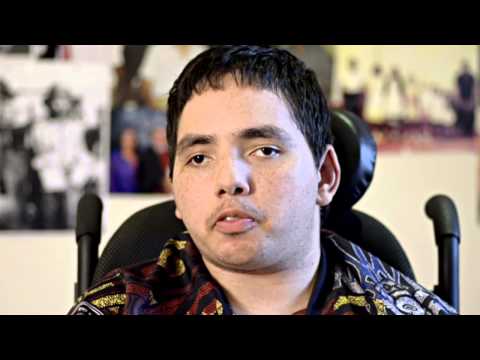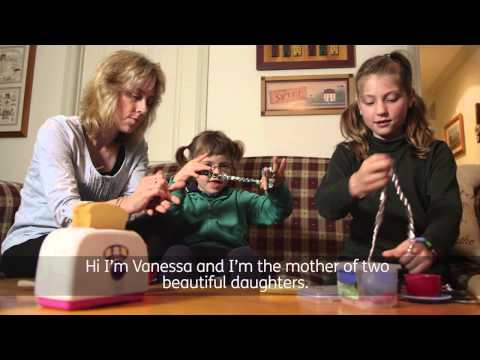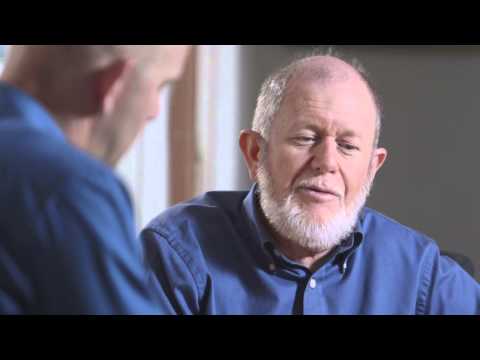If you are new to the NDIS, chances are, you might have questions about the role that Local Area Coordinators and Support Coordinators have. In this article, we describe what they are and what they do to help you. We also explain Plan Management and the types of Plan Management available.
Local Area Coordinator
A Local Area Coordinator (LAC) will be part of an NDIS partner organisation.
How a LAC will help you
When you start your NDIS application
- Help you understand the access criteria and any proof or documentation that you need to access the NDIS.
- They can also explain and support you as you navigate access to the NDIS
- Help you to understand, and get access to the NDIS, through the supports available in your community
- Create an NDIS support plan. Your supports, goals, situation and needs. (they do not approve the plan)
- For most people, your LAC will be your main point of contact for the NDIS
- An NDIS planner or a Local Area Coordinator will support participants to choose a recovery coach where needed (Psychosocial Recovery Coach)
- If you have questions, or if there is something you do not understand, your LAC can usually guide you.
When your plan is in place
- Find and start the services in your plan
- Show you how to use the myplace portal
- Help you in the process of an internal review of your plan. (Within 3 months of your original plan.) This internal review is where someone else in the NDIA will look at your plan and make a judgement.
- Review your plan (Generally 12 months after your plan begins.) Monitor how your plan is going.
- Help you link to supports in education, health and transport
- Identify informal support measures
- A LAC can also assist you if you request an Administrative Appeals Tribunal Review.
Support Coordinator
Some NDIS participants will have a Support Coordinator funded in their plan. Only once a plan is approved, those participants with funding for support coordination will come into contact with a Support Coordinator.
A Support Coordinator will
- Help you plan and use your supports
- Support you to understand and put in place the funded supports in your NDIS plan
- Link you to services in the community, mainstream, and other government services
- Focus on supports to build your skills and direct your life, while they connect you to providers
- Assist you to prepare before your plan review.
Specialist Support Coordinator
Your plan will have a Specialist Support Coordinator funded if there are additional high or complex needs in your situation.
They are a qualified and experienced practitioner. For example, an Occupational Therapist or Psychologist.
- Support you to manage challenges in your support environment.
- Aims to reduce barriers to implementing your NDIS plan.
Psychosocial recovery coach (Recovery Coach)
Support Coordination is a support item funded by the NDIS. Psychosocial recovery coaches support participants with psychosocial disabilities to live a full and contributing life.(Under Level 2: Coordination of Supports) Recovery Coach and Support Coordination.
Psychosocial recovery coaches are different from support coordinators. Recovery coaches bring knowledge and skills in
- Psychosocial recovery
- Mental health and
- Service navigation within the mental health system.
The recovery coach will coach you to take more control of life, to better manage complex challenges and support you to build capacity.
As coordination is a part of the recovery coach role, the NDIA will generally not fund both types of supports in a participant’s plan.
Plan Manager
When you have an NDIS plan, someone must manage the plan. There are Self-Managed Plans, Agency Managed Plans, and Plan Managed. You can choose a combination of management options.
Contact your LAC about the responsibilities if you are not sure.
Self-Managed
Self-management is when you are responsible for the management of your NDIS funding. You have the choice to decide what supports you buy to meet your plan goals. You are flexible in choosing your providers. You can employ or contract staff directly. You can negotiate the costs of your supports. You track your spending and do the financial reporting.
Plan Managed
If you chose to have your plan managed by a Plan Manager, it is the Plan manager who pays your providers for supports. They help you to keep track of your funds and do the financial reporting for you.
NDIA Managed
Also called Agency Managed.
The NDIS will directly manage your bookkeeping and records of spending. You can only use NDIS registered providers.
Further reading
Local Area Coordination in the SpotlightNutting out the NDISInformation Sourced From
Local Area Coordinators – Partners in the CommunityMental Health and the NDISNDISNDIS Support CoordinationPlan Management





